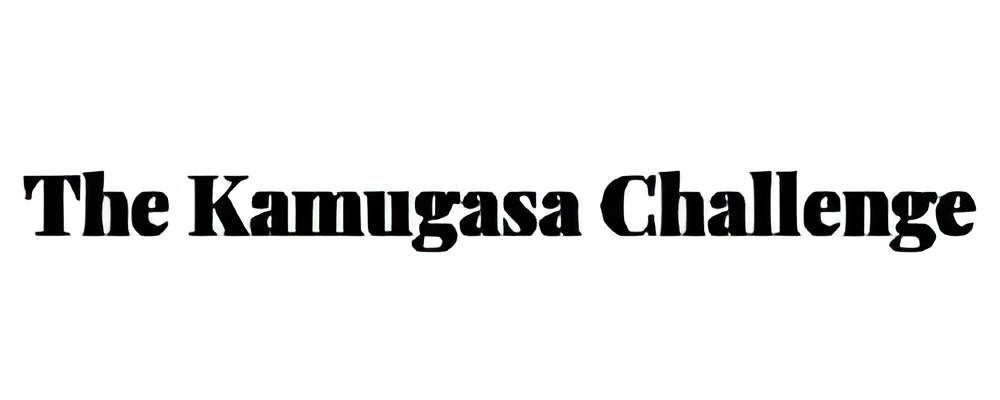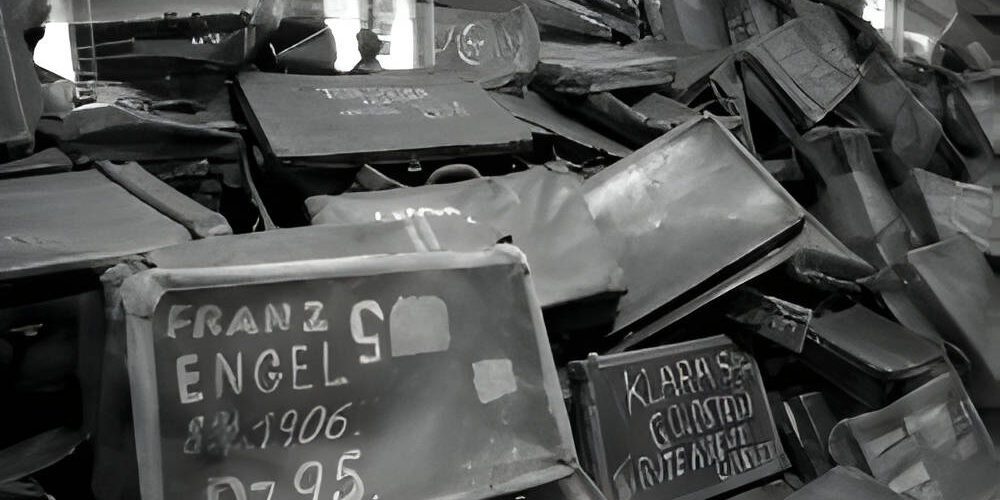Bearing witness to the truth in a time of rising nativism, cultural conservatism, populism, and authoritarianism, to paraphrase George Orwell, is a revolutionary act [full quote: “In a time of deceit, telling the truth is a revolutionary act.”]. And, as Elie Wiesel wrote, “For the survivor who chooses to testify, it is clear: his duty is to bear witness for the dead and for the living. He has no right to deprive future generations of a past that belongs to our collective memory.”
2. As we start this six-part podcast series on genocide, our main goal is to break the overwhelming silence around the problem of genocide in our day and age. There are a lot of reasons why so many of us remain silent, even in the face of mounting evidence that a new genocide may be occurring somewhere in the world right now.
3. That is why I pray in aid of Sophie Scholl because, prior to her execution, she issued a challenge to the deafening silence in Nazi Germany, saying, “The real damage is done by those millions who want to ‘survive.’ The honest men who just want to be left in peace. Those who don’t want their little lives disturbed by anything bigger than themselves. Those with no sides and no causes. Those who won’t take measure of their own strength, for fear of antagonising their own weakness. Those who don’t like to make waves—or enemies. Those for whom freedom, honour, truth, and principles are only literature. Those who live small, mate small, die small. It’s the reductionist approach to life: if you keep it small, you’ll keep it under control. If you don’t make any noise, the bogeyman won’t find you. But it’s all an illusion, because they die too, those people who roll up their spirits into tiny little balls so as to be safe. Safe?! From what? Life is always on the edge of death; narrow streets lead to the same place as wide avenues, and a little candle burns itself out just like a flaming torch does. I choose my own way to burn.”
4. We are forced to ask: Who among us will stand up and bear witness to the truth, namely, one of the greatest acts of human destruction of our age, the Holocaust?
5. The answer to the challenge is none other than Dr. Maria Chamberlain, an honorary fellow at the University of Edinburgh and Programme Secretary of the Botanical Society of Scotland. Maria is uniquely qualified because she is the daughter of two Holocaust survivors. She was born in Kraków, Poland, and emigrated to the UK with her parents in 1958 at the age of eleven. The family settled in Edinburgh, where she still lives. Maria pursued an academic career as a biologist, researching plant and fungal biology and teaching undergraduates at the University of Edinburgh.
6. Following her retirement from full-time teaching, Maria put pen to paper, researching for several years and meticulously piecing together the story of her two Jewish families in Nazi-occupied Poland during the Holocaust. The result is a book, Never Tell Anyone You’re Jewish: My Family, the Holocaust, and the Aftermath. The book is a powerful, compelling, and personal testimony and witness, which we will all do well to read and reflect upon.
7. In this episode, we discuss the topic: Genocide: Why It Is Important To Bear Witness.
8. Look up Episode 013 of Conversations with Stephen Kamugasa, and please subscribe to Conversations with Stephen Kamugasa podcast through your favourite podcast app to listen to the latest insights from our guest thought leaders.
Recommended Reading:
1. Never Tell Anyone You’re Jewish: My Family, the Holocaust and the Aftermath. (Vallentine Mitchell, May 12, 2022). By Maria Chamberlain.
2. The Periodic Table. (Schocken Books, 1975). By Primo Levi.
3. If This Is a Man. (Orion Press, 1959). By Primo Levi.
4. The Sunflower: On the Possibilities and Limits of Forgiveness. (Opera Mundi, 1969). By Simon Wiesenthal.
5. Man’s Search for Meaning. (First published in German in 1946 by Verlag für Jugend und Volk, Austria). By Victor Frankl.
6. The Survivor. (Penguin Random House, 2023). By Joseph Lewkowicz and Michael Calvin.
7. The Complete Maus: A Survivor’s Tale. (Pantheon, November 19, 1996). By Art Spiegelman.

